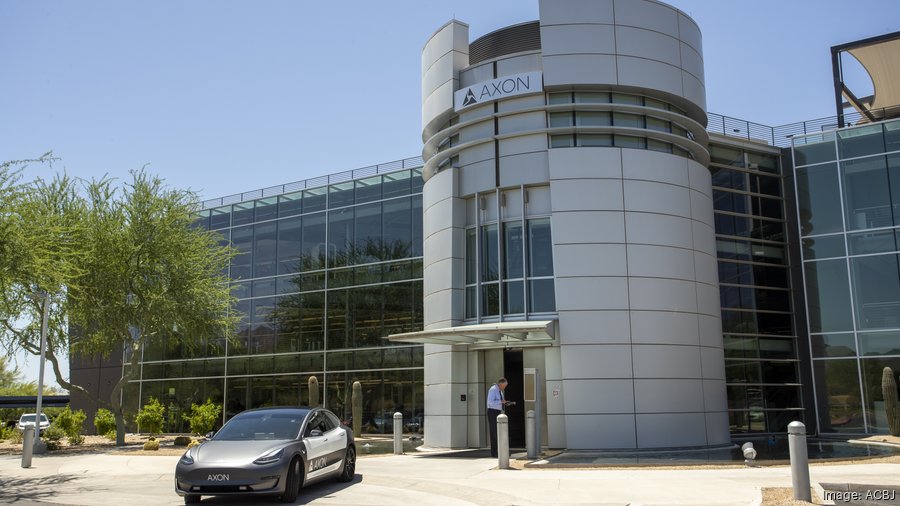Correction: United States-Indonesia-Forests story
Oct 25, 2013, 6:43 PM
WASHINGTON (AP) – In a story Oct. 24 about Indonesia’s pulp and palm oil industries, The Associated Press misspelled the name of the country’s top pulp producer. The company is Asia Pulp & Paper, not Asian Pulp and Paper.
A corrected version of the story is below:
Indonesia forests still dwindle despite reforms
Indonesia says destructive palm oil industry is changing, environmentalists remain skeptical
By MATTHEW PENNINGTON
Associated Press
WASHINGTON (AP) _ At home and abroad, Indonesia is highlighting its progress in curbing the environmental destruction that has depleted forests and made the Southeast Asian nation a leading source of greenhouse gases. But environmentalists are unconvinced.
They say pulp and palm oil plantations are still expanding at an alarming rate in Sumatran forests, despite efforts by the government and industry. That expansion has contributed to climate change and threatens endangered tigers and orangutans.
More than 80 percent of Indonesia’s emissions are due to clearing of what is the world’s third-largest area of rainforest, after Brazil and the Democratic Republic of Congo. About half of Indonesia’s rainforest has already been destroyed.
Greenpeace, which has conducted extensive research on deforestation in Indonesia, says government maps show the country lost 4,790 square miles (12,400 square kilometers) of forest between 2009 and 2011. The main cause, accounting for about a quarter of lost forest, was for production of palm oil, which is used as food and as biofuel. Carbon-rich peatlands being cleared for plantations must be drained first. That releases vast amounts of carbon dioxide into the atmosphere.
President Susilo Bambang Yudhoyono has committed to cutting greenhouse emissions by 26 percent by 2020. His government in 2011 declared a moratorium on new concessions in primary forest in a $1 billion deal with Norway. The moratorium was extended this May for two years. Environmentalists say that doesn’t go far enough because it doesn’t cover existing concessions.
The U.S. government reported in June that Indonesia’s palm oil industry has enough land that the nation’s authorities have said can be developed for agricultural use to continue its current, rapid rate of plantation expansion for at least 10 years.
Indonesia is a nation of 250 million people scattered across hundreds of islands that would be vulnerable to climate change from rising sea levels. But it’s also a big contributor to the global problem, being among the largest emitters of greenhouse gases after China and the United States.
Indonesia’s ambassador to Washington, Dino Patti Djalal, said the government is working with industry and environmental groups to protect forests. He highlighted the move this February by Asia Pulp & Paper _ the country’s top pulp producer _ to halt clearance of natural forest and use just existing plantation and degraded land; and a commitment by Sinar Mas _ which controls both that company and top palm oil producer Golden Agri-Resources _ to protect orangutans.
“It shows that the industry wants to change, they want to do the right thing, but sometimes we have just got to help them,” Djalal told the Stimson Center think tank this week.
The amount of forest cover lost annually has fallen: from an estimated 1 million hectares (about 2.5 million acres) between 1990 and 2010 _ equivalent to nearly 1 percent of the national total per year _ down to 600,000 hectares (about 1.5 million acres) per year between 2009 and 2011.
Amy Moas, a U.S.-based forest campaigner for Greenpeace, acknowledged some progress but said “there are dozens, perhaps hundreds, of companies still skirting lax laws and regulations in Indonesia and finding the cheapest and easiest way to do business, which means horrible environmental devastation.”
Moas said government data shows that Asia-Pacific Resources International Ltd, or APRIL, Indonesia’s second-largest producer of pulp, is still using rainforest wood to supply its mill in Riau province, which has faced the most intense deforestation on Sumatra, a western island famed for its biodiversity.
APRIL spokesman Mike Zampa said Greenpeace was exaggerating the amount of rainforest wood entering the mill. He said 65 percent of the fiber used is from plantation wood. He said the company develops only about half the land on its concessions in Indonesia, and the rest goes to conservation and community use.
Accidental and deliberate forest fires this summer in peat-rich Riau, also a major center for palm oil production, cast a haze as far as Thailand, angering Indonesia’s neighbors. According to Greenpeace, between 2009 and 2011 the province saw 10 percent of its tiger habitat destroyed _ putting stress on the dwindling population of 400 tigers in Sumatra.
Over the same period in Borneo, a central region that abuts Malaysia, 545 square miles (1,410 square kilometers) of forested orangutan habitat was cleared, a third in areas licensed to palm oil concessionaires, Greenpeace says.
Richard Cronin, a Stimson Center expert on Southeast Asian environmental issues, said decentralization of decision-making that came with the dawn of democracy in Indonesia 15 years ago means that the central government has problems controlling what happens in provinces. He said commercial pressures, corruption and demand from a growing population for agricultural land take a toll.
Djalal, the ambassador, acknowledged that it’s not easy to get national environmental policies implemented locally and that, “there are times that the industry needs to be disciplined, especially in terms of how they get their land.”
Nigel Sizer, a forestry expert at the World Resources Institute, a Washington-based environmental research organization, said just 15 percent to 20 percent of Indonesia’s palm oil is certified under industry standards _ which critics say are too weak anyway.
The institute says producers looking to adopt more environmentally friendly cultivation face complex regulations if they wish to shift their operations from forested to degraded land. And land is often improperly classified. In some cases, areas that should be protected can be used for plantations, while degraded land cannot.
It cites Borneo, where there’s an area of degraded land the size of Greece suitable for palm oil production, but more than one-third of that land is classified as forest that can’t be used for agriculture.
(Copyright 2013 The Associated Press. All rights reserved. This material may not be published, broadcast, rewritten or redistributed.)








